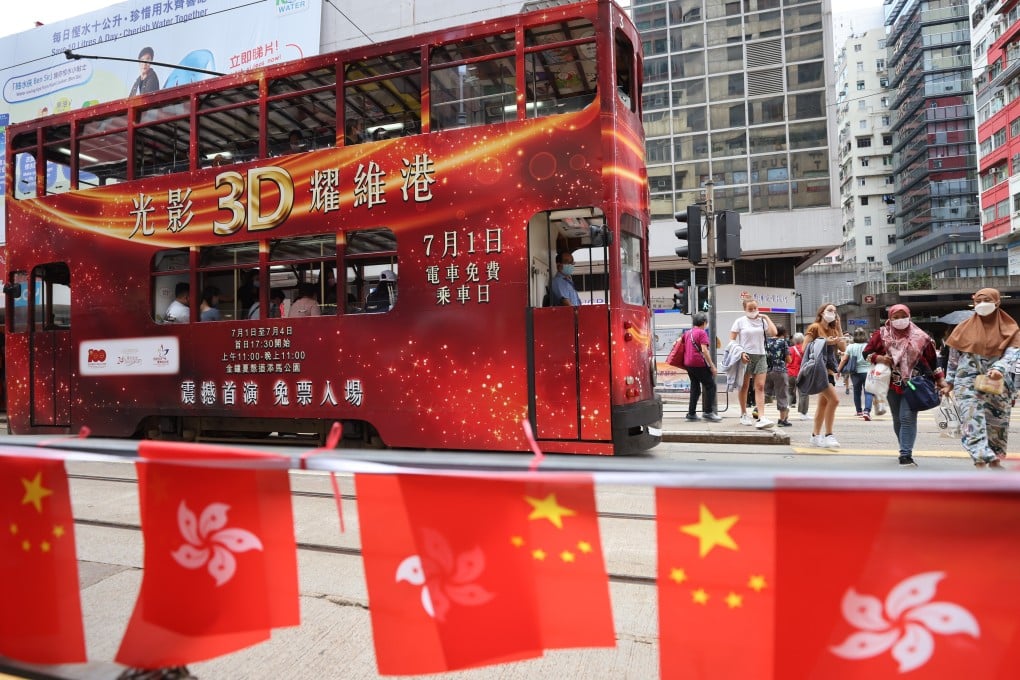National security law: UN rights official calls on Beijing to allow fact-finding mission to Hong Kong
- UN special rapporteur Clement Voule puts forward request at meeting on sidelines of Human Rights Council in Geneva, but Beijing slams such moves as interference
- Hong Kong activists based overseas tell participants that city has turned into a ‘police state’ in the year since law’s adoption

The call was made on Thursday at an event on the sidelines of the ongoing session of the UN Human Rights Council in Geneva, where participating Hong Kong activists based overseas claimed the city had turned into a “police state”.
A senior Beijing diplomat made clear such requests would not be considered, telling a conference the national security legislation was designed to prevent foreign powers meddling in China’s affairs.
Clement Voule, the UN special rapporteur on rights to freedom of peaceful assembly and of association, raised concerns the law had been used to arrest activists, even those with “flags or signs or symbols related to the pro-independence movements”.
“The only way to move forward is for the Chinese and Hong Kong authorities to let us [visit Hong Kong], to assess independently the impact of the law on the ground,” Voule said during a 90-minute online conference reviewing the implementation of the security law one year after its adoption.